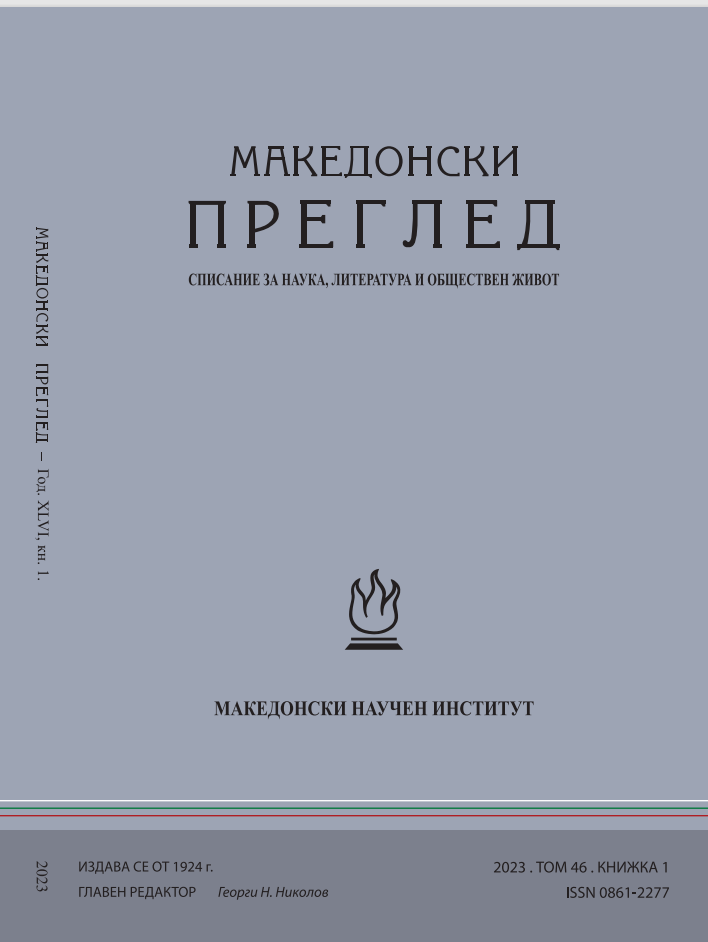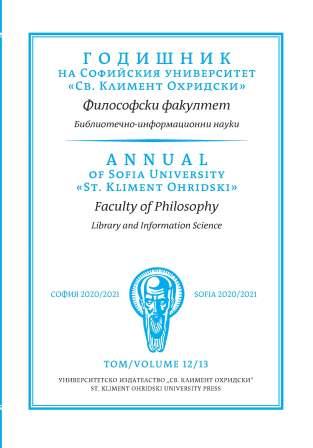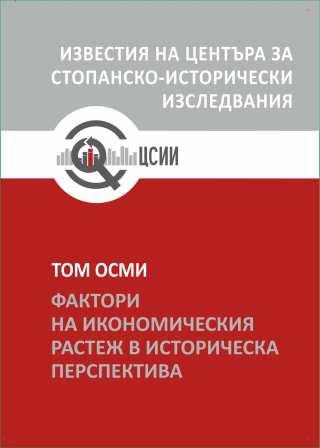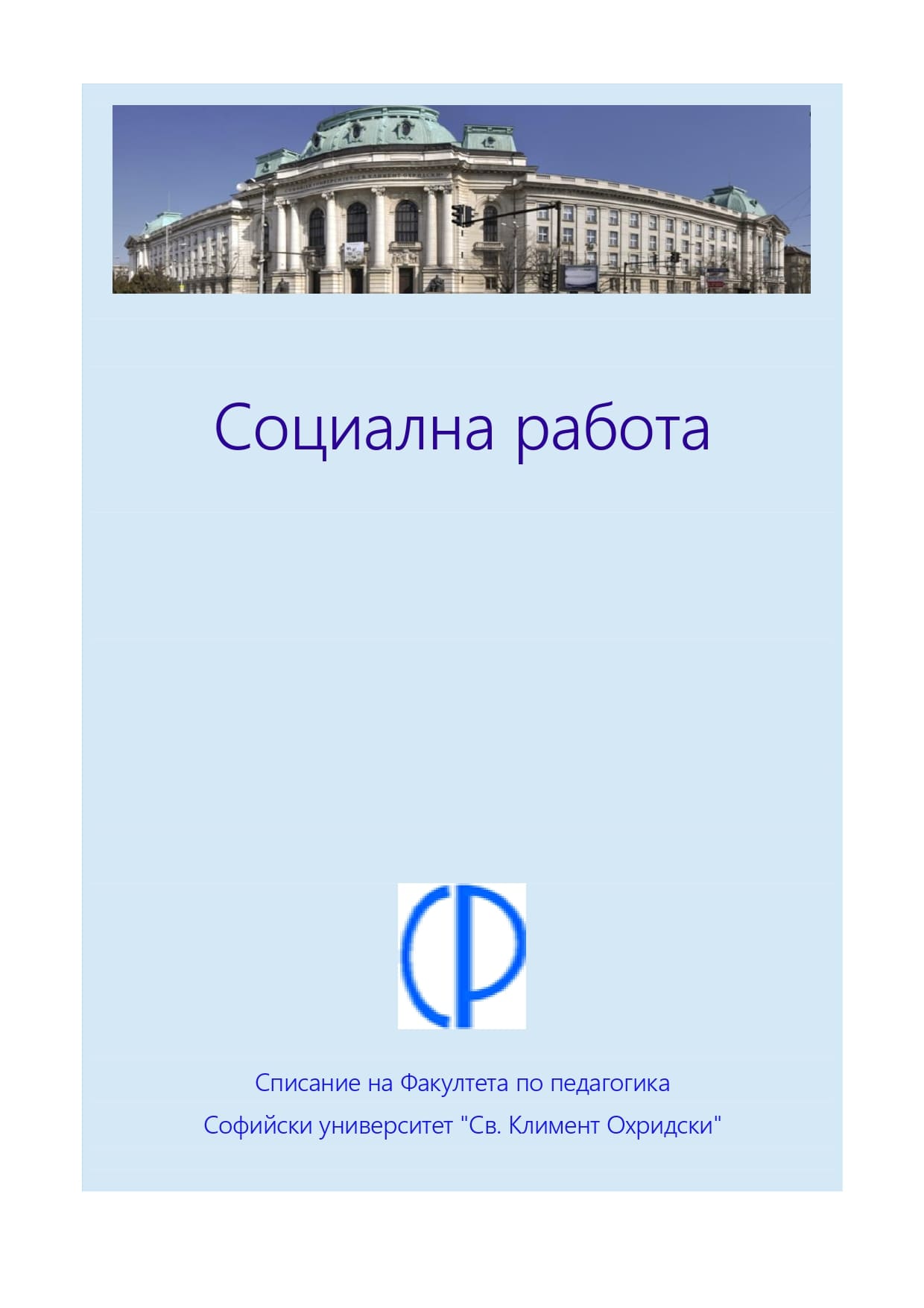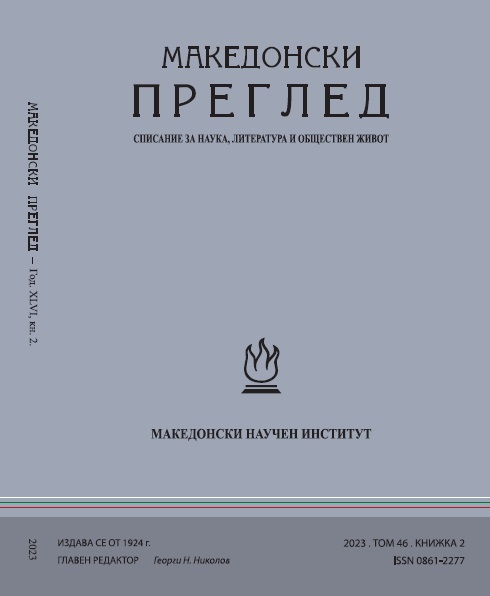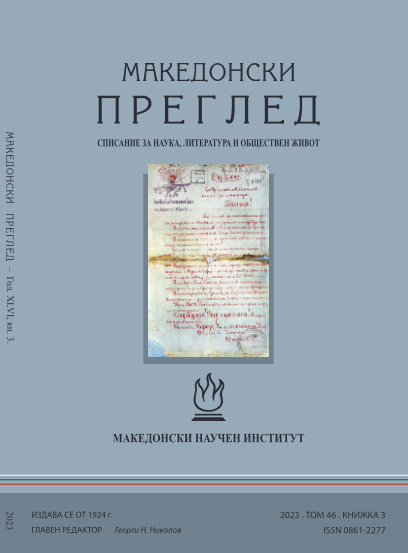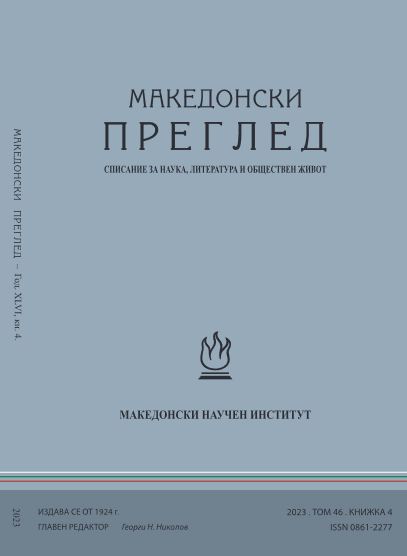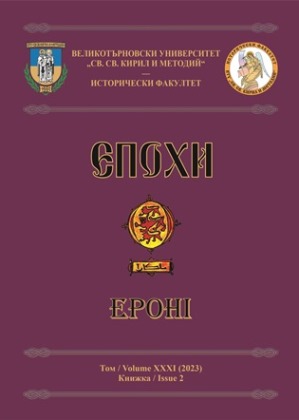Author(s): Rositsa Zlatinska / Language(s): Bulgarian
Issue: 1/2023
The text presents and analyzes the work of the Ministry of Agriculture in the interwar period. The history of the Ministry of Agriculture began as early as 1879,when a proposal was made to set up the Ministry of Common Buildings, Agriculture and Commerce, but in practice it did not constitute itself independently. In 1893 the Ministry of Trade and Agriculture was established and it began operating independently. Over the decades, the Ministry of Agriculture has gone through a dood deal of gradual structural and organizational transformations, as well as name changes. However, in terms of its content and functional characteristics, it has always remained one of the main units in the system of state governance in Bulgaria, as an integral part of the executive branch. Its important role is due to the traditional agrarian nature of the economy, as well as the dominance of the rural population in social stratification –essential features of Bulgarian capitalism throughout the 1878–to–1944 period. The main trends in the development of the system of state economic institutions in Bulgaria, including the Ministry of Agriculture, are determined by the domestic and international situation. Various factors have facilitated the process, including the general state of the economic base, internal political events, the ideological economic views of the ruling elite, the personnel potential, the influence of foreign institutional models, the degree of integration of the Bulgarian economy within the framework of the European and world economy, etc. The main guidelines of the Ministry of Agriculture are: supporting and encouraging farmers in agriculture, livestock development activities, support for profiled agricultural education, execution of specialized pre-war tasks. The Ministry of Agriculture, since its establishment and during the interwar period, has proved to be a contributing factor in the administrative and management system of the country. What the Ministry of Agriculture achieved during the period under review has contributed to the stabilization, improvement and modernization of agriculture in the country.
More...
